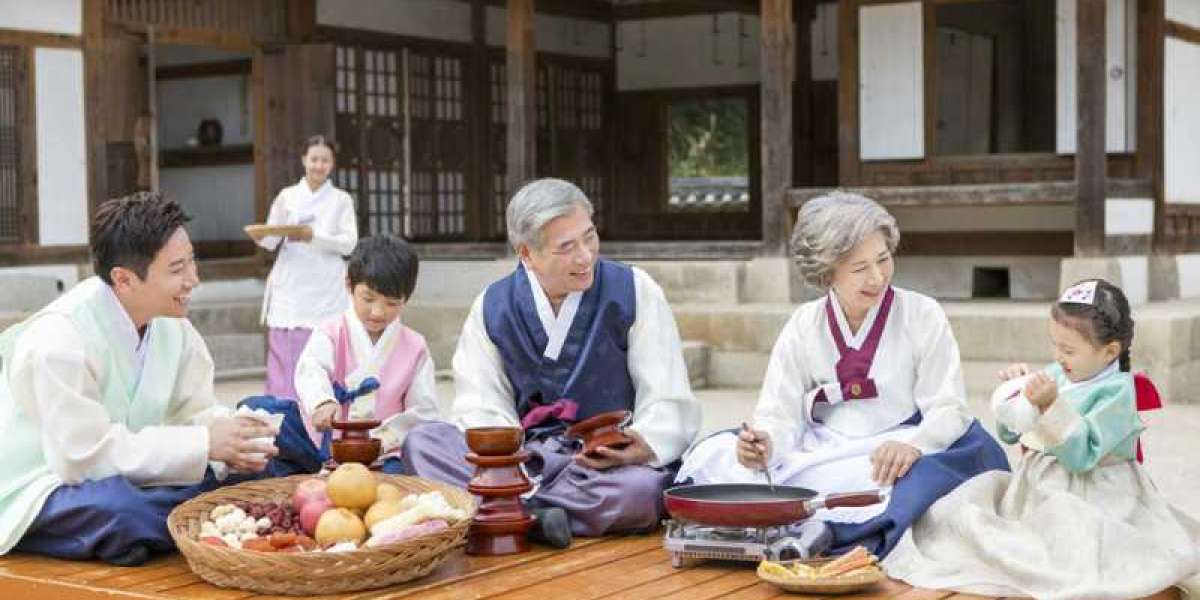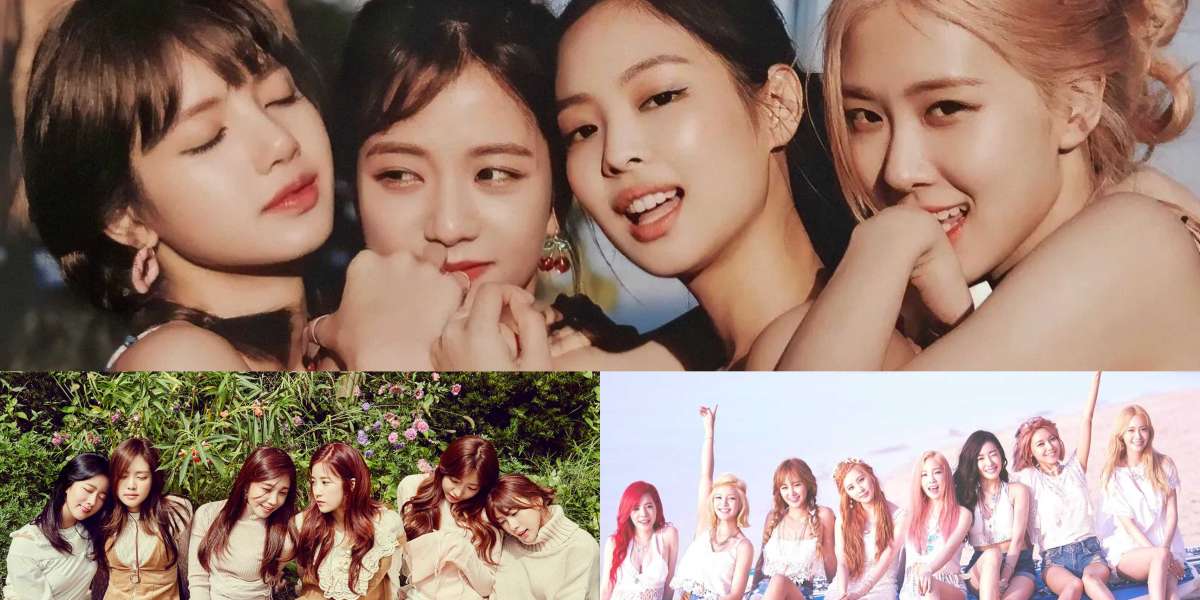Chuseok falls on Tuesday, September 21 this year. However, Chuseok celebrations typically last three days, including the day before and after Chuseok. Koreans celebrate Chuseok on the 15th day of the 8th lunar month. Based on the Gregorian calendar, that actually falls in September or October. Chuseok is also referred to as “Hangawi” which translates to the “great middle of autumn”, and is celebrated to thank the spirits of their ancestors for a good harvest.
Chuseok is arguably one of the most important traditional holidays for Koreans. It is a festive time dedicated to spending time with loved ones, commemorating ancestors, eating special foods, and giving gifts to people they value most. It is a time to take a break from hard work to rest and enjoy with family. As this is written, major highways are congested, and airports in South Korea are packed with people going back to their hometowns to celebrate Chuseok with their families.
How did Chuseok begin? It is important to note that Korea stemmed from an agrarian society, which explains the massive importance of a good harvest. Most people also believe that Chuseok dates back to 2000 years ago in the Silla kingdom. It is believed that the king held a month-long weaving contest between two teams, with a promise of a feast for the team that wove the most during the time given. This started the tradition of having a Thanksgiving feast. Some also believe that Chuseok may have originated from shamanistic celebrations of the harvest moon. If you have watched period Korean dramas, you know the significance of shamanistic traditions and celebrations to ancient Korean culture. So this may be a plausible explanation as well.
Since then, Chuseok has evolved into a holiday that has become a significant part of Korean culture and is now heavily embedded in Korean tradition.
During Chuseok, there are a lot of customs that Koreans practice. In fact, it is a hectic holiday. Aside from the hours spent making traditional foods and preparing for the feast, there are many traditions that are observed. One is Charye, which is an ancestral worship ritual. This is when Koreans hold memorial services for their ancestors where they serve them food such as rice, rice cakes, alcohol, among others, and where they bow to their ancestors. They also practice beolcho, which is cleaning up the graves of their ancestors as an act of devotion.
As you can see, this is just one of the many evidences of how deeply Koreans respect and honor their ancestors. They really show how grateful they are for the paths forged by those that came before them. All living generations show reverence to those that came before. After these customs, the family gets together and sits down for a fantastic feast and catches up on what’s happening in each other’s lives.
Aside from these customs, it is also very common to give gifts during this holiday. Koreans provide gifts for coworkers, friends, relatives, and anyone who is dear to them. In fact, when you go to the supermarket during Chuseok season, you will find so many options for Chuseok gift sets that contain fruits, spam, alcohol, rice cakes, etc.
If you have Korean friends, here is how you can wish them to have a happy Chuseok holiday:
1. 즐거운 추석 되세요.- Jeulgeoun Chuseok dweseyo - This means have a happy Chuseok!
2. 추석 연휴 잘 보내세요. Chuseok yeonhyu jal bonaeseyo- This means have a happy Chuseok holiday.
Your Korean friends will surely appreciate you connecting with them this way as this is a very important holiday for them.
If you’re a foreigner in Korea, it may seem like a very quiet time because a lot of places and restaurants will be closed for the holidays. It is also very rare to experience the traditional way of spending this holiday unless a Korean friend invites you over to their home. Still, there is a myriad of ways to enjoy this holiday in Korea. Some outdoor places like Everland, for example are less crowded during the holidays, and they often give discounts to foreigners. You can also visit some traditional villages such as Namsangol Hanok Village, that offer these kinds of services so you can have a taste of what the holiday is about.
During this time, let us wish our Korean friends to have a good Chuseok holiday and go the extra mile to learn about its significance in their lives.



